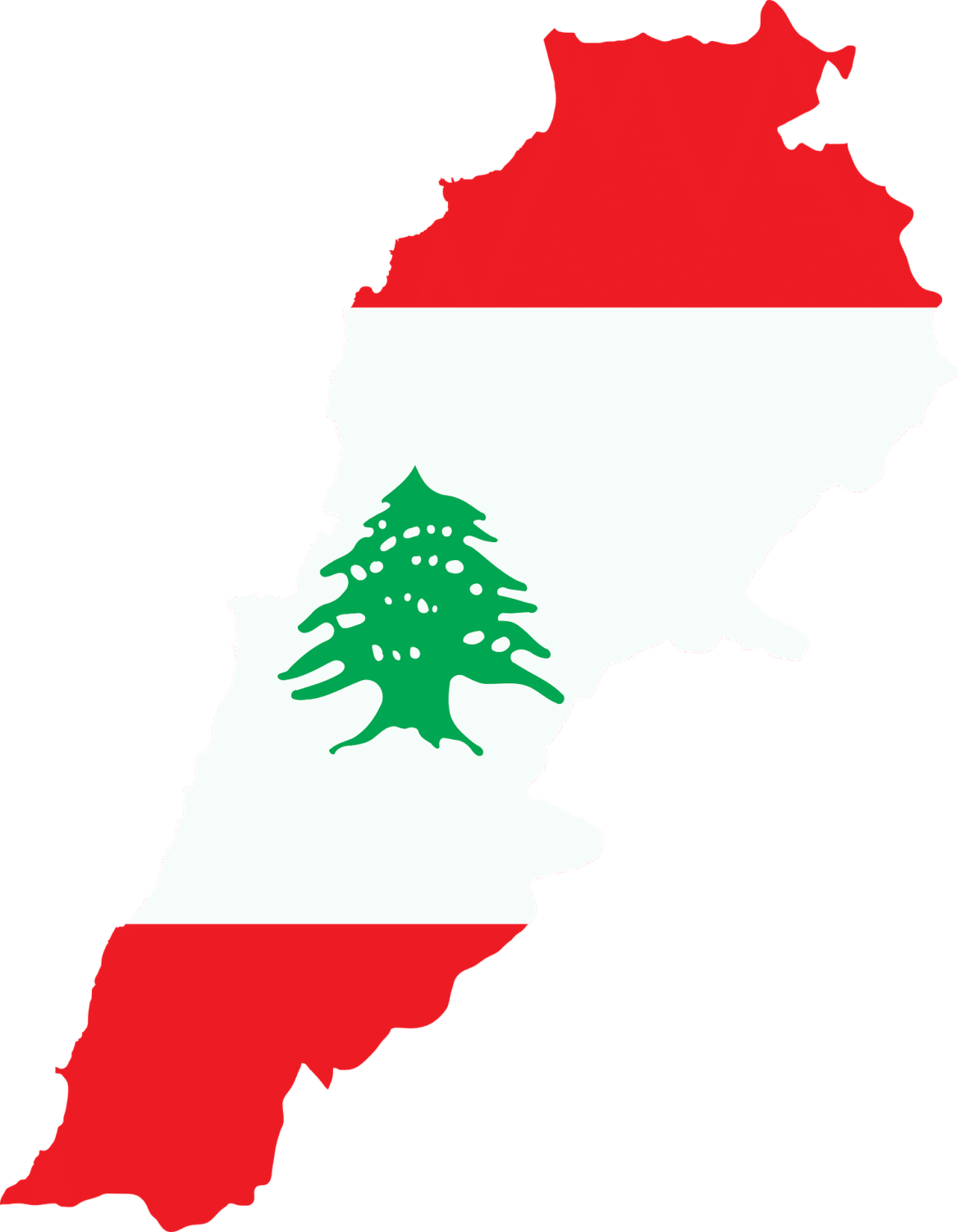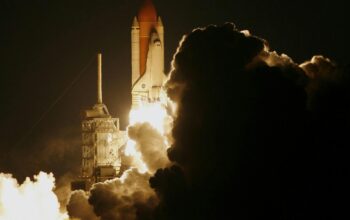Lebanese leaders are appealing for substantial global funding to support reconstruction, compensate war victims, and re-establish stability following the 2024–25 conflict with Israel. With over a year since the ceasefire, Lebanon’s economy remains devastated, residents are still displaced, and key infrastructure lies in ruins. While some groups—including Hezbollah’s Al‑Qard Al‑Hassan—have provided partial payments, funds have now dried up. The government is exploring multilateral loans, World Bank support, and Arab League aid to kickstart recovery and ensure a monopoly on arms before any compensation can be disbursed.
Background: Crisis After the Ceasefire
The ceasefire that ended the 2024 conflict between Israel and Hezbollah did bring temporary calm, but left Lebanon reeling:
- Destruction of civilian areas: Southern suburbs of Beirut and southern towns were severely damaged amid heavy shelling and airstrikes Reuters+1The New Arab+1.
- Humanitarian crisis: Thousands remain homeless, with disrupted access to utilities, health services, and education .
- Economic collapse: Lebanon’s GDP and currency continued their collapse amid political gridlock and hyperinflation.
The Delay in Compensation
Hezbollah’s War Payments
Hezbollah initially distributed compensation through its Al‑Qard Al‑Hassan financial arm but suspended payments in June 2025 citing liquidity shortages The New Arab. This has left many families without promised support amid swelling frustration.
State vs Non-State Compensation
Lebanese President Joseph Aoun insists all arms must be under state monopoly by end of 2025 before compensation programs can function legally and sustainably RFI+10The New Arab+10The New Arab+10. The idea: only the legitimate government handling disarmament can provide transparent and fair aid distribution.
Funding Sources in Play
World Bank Reconstruction Loan
The World Bank approved $250 million toward Lebanon’s reconstruction plan, part of a broader $1 billion initiative and a larger $11 billion total needs estimate Jerusalem Post+1The New Arab+1.
U.S. Support for Lebanese Armed Forces
U.S. funding aims to shore up the Lebanese Army—seen as neutral and stabilising—while Hezbollah’s arsenal is gradually transferred to state control The Century Foundation.
European and Arab Contributions
Countries like Spain pledged €10 million to support Lebanese army salaries and logistics in line with UNIFIL operations Arab News. The Arab League and Gulf nations are discussing further aid packages too.
Why State Control Matters
Creating Accountability
- Centralised compensation avoids fragmented payouts from non-state actors.
- It offers transparency, legal oversight, and official records—crucial for recovering public trust.
Strengthening National Institutions
- Controlling armed groups strengthens rule of law in Lebanon.
- It helps the Lebanese Army become the only legitimate force, reducing militia influence The Century Foundation+1Stars and Stripes+1.
Challenges to Reconstruction
- Political fragmentation and sectarian division remain deeply entrenched.
- Funding delays could escalate humanitarian suffering and stoke new unrest.
- Security threats risk returning if Hezbollah resists disarmament or new conflicts flare.
- Institutional weakness hampers government capacity to effectively implement large-scale projects.
What This Means for the UK and International Community
- UK aid alignment: Funds can be channelled through trusted multilateral institutions to maximise impact and minimise corruption.
- Diplomatic leverage: Recognition of Lebanon’s progress toward arms control could unlock further Western and Gulf support.
- Regional stability: A secure Lebanon helps contain broader Middle East tensions and supports allied interests.
Frequently Asked Questions (FAQs)
Q1: Why has compensation been delayed?
Hezbollah’s funding freeze and the absence of state control over arms have stalled official compensation mechanisms Arab News.
Q2: How much funding is needed?
Estimates suggest $11 billion total, with $250 million already approved from the World Bank Jerusalem Post.
Q3: When will payments resume?
If the state can consolidate funding and disarm armed groups by end-2025, mass payouts could start in 2026.
Q4: Is international aid guaranteed?
No—further funding hinges on political reforms and arms control progress.
Q5: What is UNIFIL’s role?
UNIFIL oversees the ceasefire in southern Lebanon, supporting army deployment and border monitoring .
Q6: Will Hezbollah disarm?
Disarmament is ongoing through dialogue but remains fragile .
Q7: Can Lebanon prevent future conflicts?
Comprehensive reform, institution-building, and transparent aid are vital—but long-term peace depends on regional diplomacy.
Final Thoughts
Lebanon stands at a critical juncture. A coherent compensation plan tied to state control of arms offers the chance for sustainable recovery. But fragmented authority and funding delays risk returning the country to chaos.
Lebanese citizens deserve accountability and rehabilitation—not continued uncertainty. For the international community, particularly the UK, now is the moment to offer support that empowers Lebanon’s state institutions and builds resilience—preventing a return to conflict and fostering long-term stability in the region.
Internal Links from The Breadline Bulletin
- New Water Charges Could Raise Your Summer Bills
- Plane Crash at Southend Airport Sparks Fireball and Evacuations
- 10 Everyday UK Essentials You Should Stop Buying in 2025 to Beat Inflation
Resources & References
- Reuters: Hezbollah weighs scaling back arsenal after Israel conflict The New Humanitarian+6Reuters+6The New Arab+6
- New Arab: Hezbollah freezes war compensation The New Arab+1The New Arab+1
- Jerusalem Post: World Bank approves $250M for Lebanon reconstruction Jerusalem Post+1The New Arab+1
- Stars & Stripes / State Department: US sale to Lebanese military
- Arab News: Spain’s €10M pledge for Lebanese army Arab News
- New Arab / The New Humanitarian: Arms control push and institutional rebuilding Reuters+3The New Arab+3The New Humanitarian+3
Disclaimer
This article is based on publicly available sources as of 14 July 2025. Situation remains dynamic, and developments around arms control or funding may alter the landscape.
SEO Meta Info
SEO Title: Lebanon Seeks State-Led Compensation for War Victims – Funding & Arms Control
Slug: lebanon-compensation-war-victims-funding-arms-control
Meta Description: Lebanon appeals for global funding to rebuild post-war damage, compensate victims, and enforce state control of arms by end-2025. What it means for stability and international aid.


